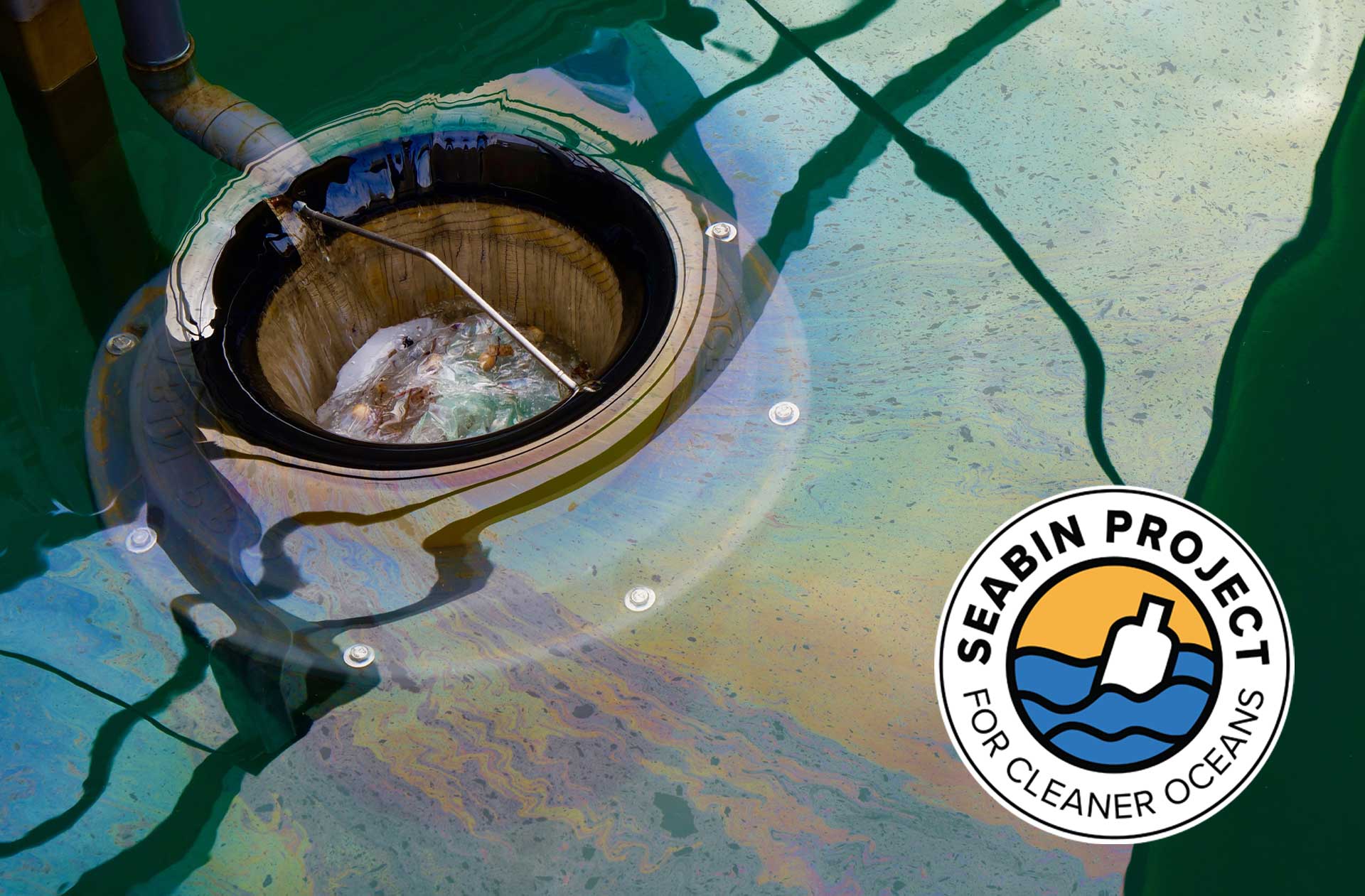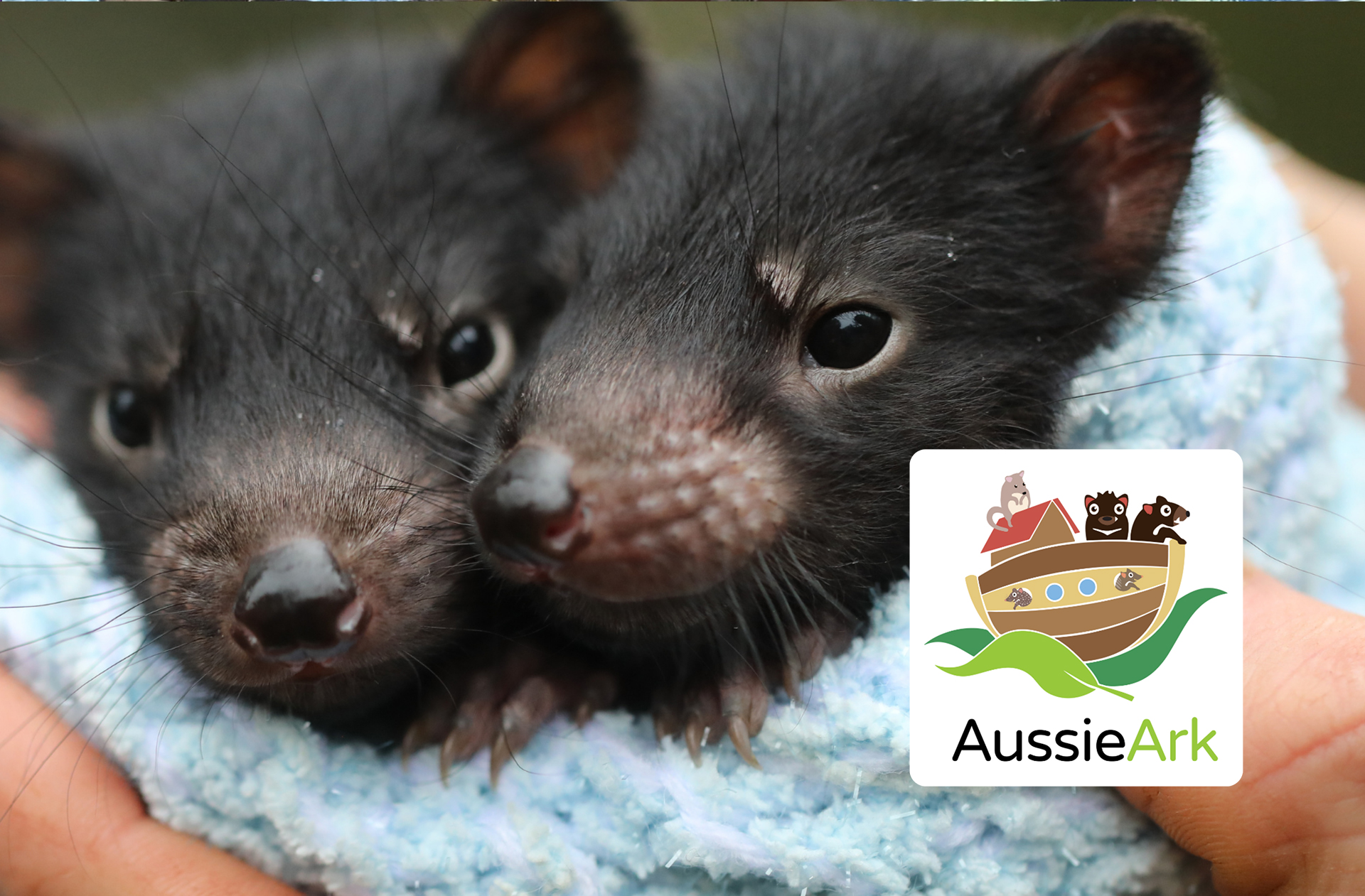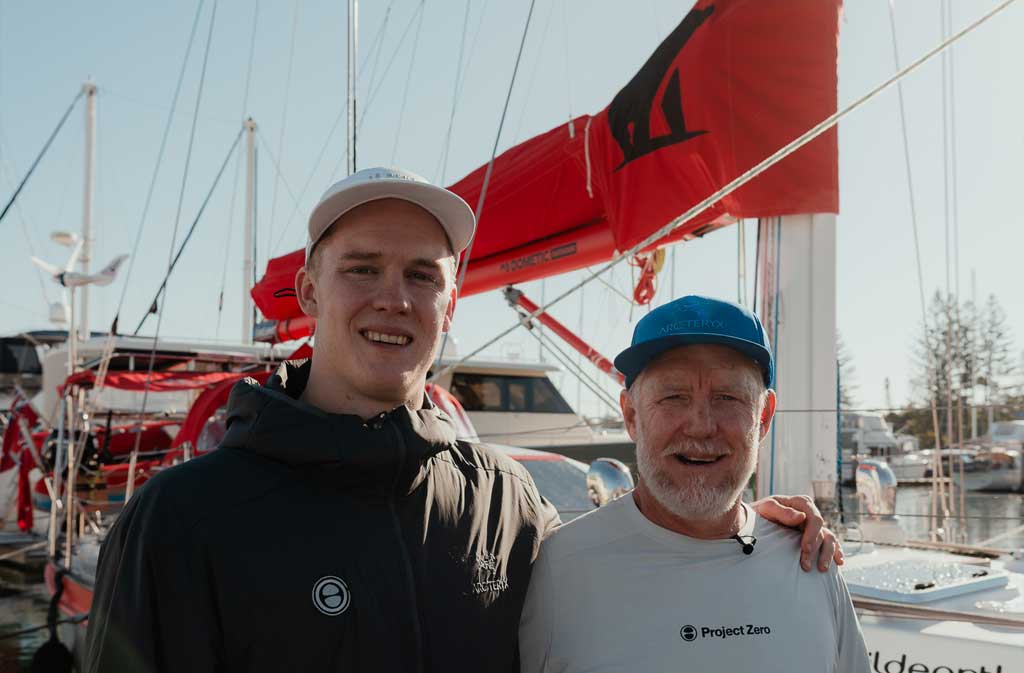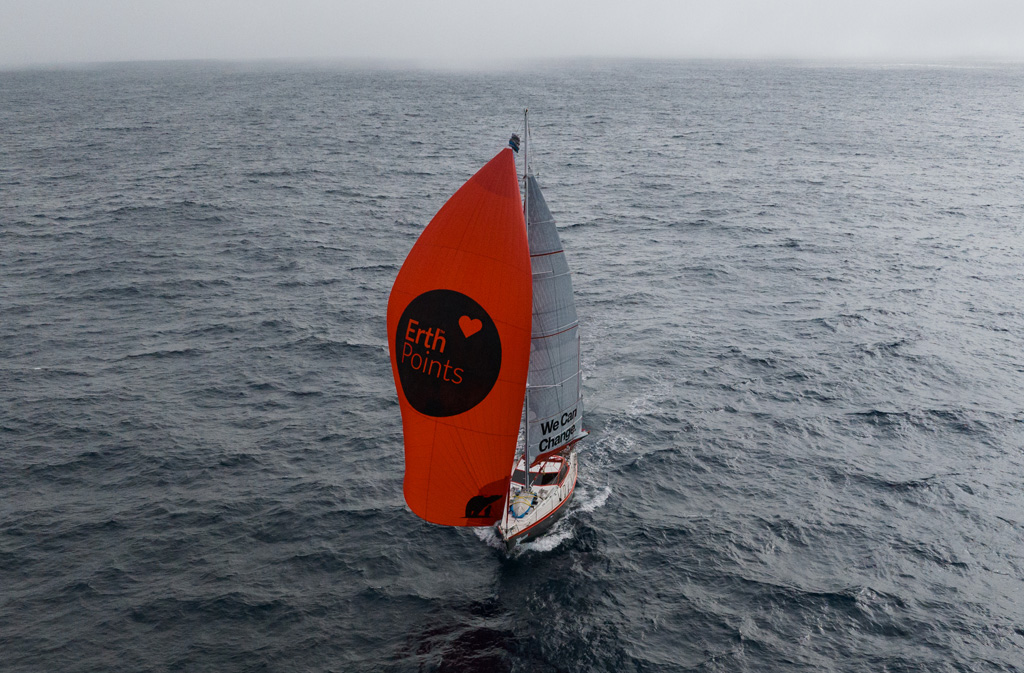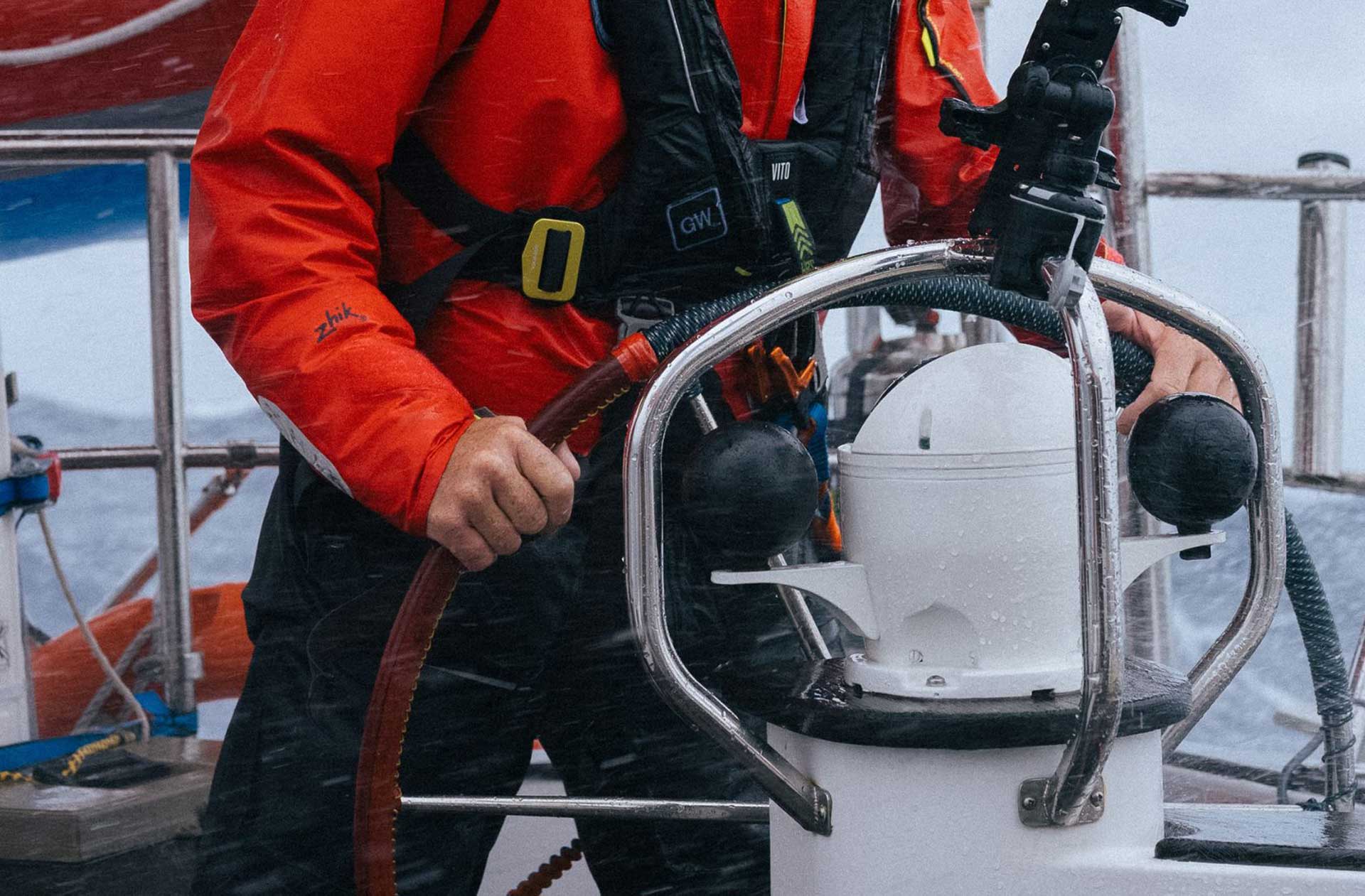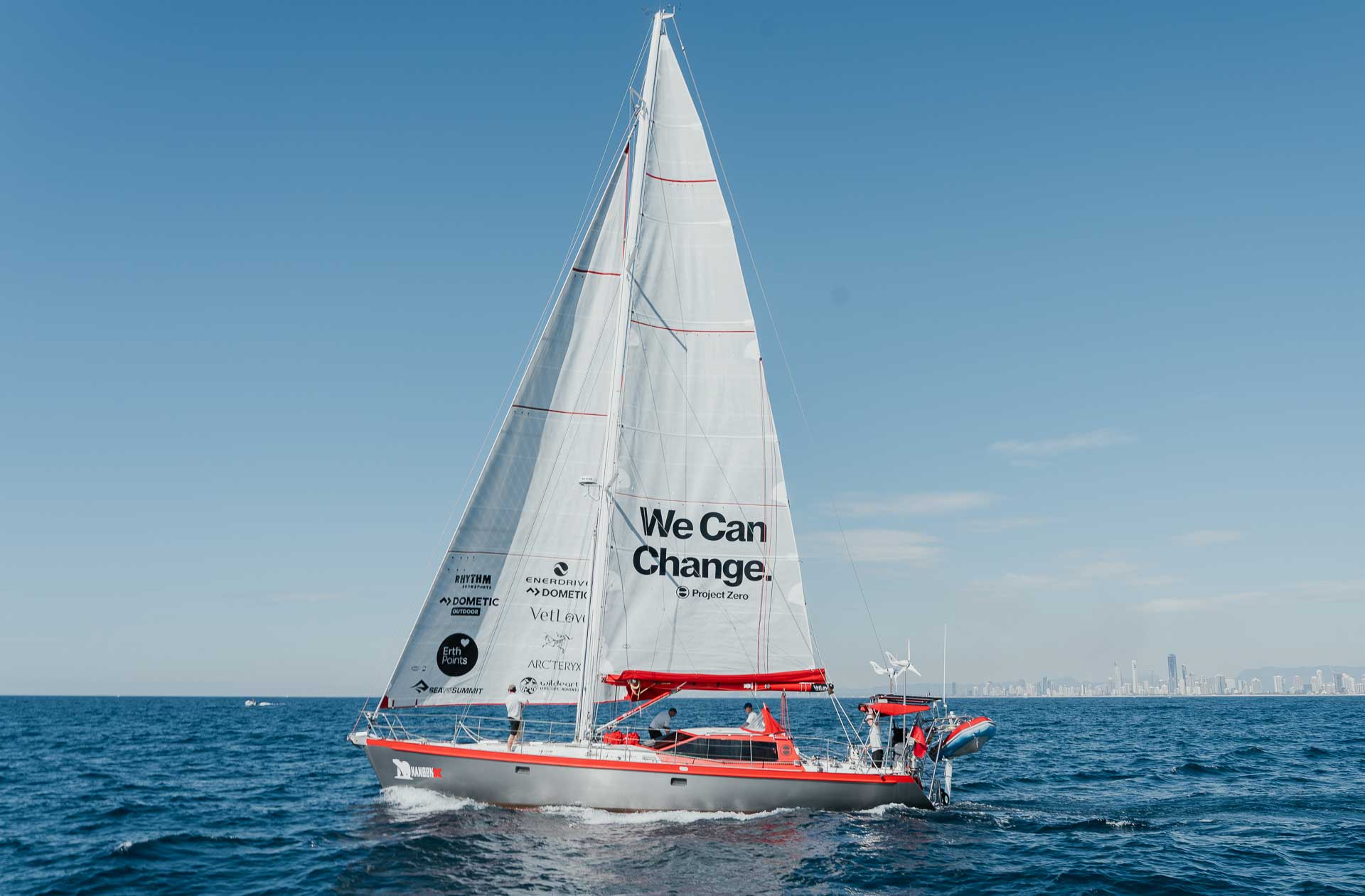Does "Plastic" Fish' n' Chips sound appealing to you?
There is still hope.
Fortunately, the Seabin Project makes a significant difference in cleaning our oceans.
They have already removed over 3 million kilogrammes of marine litter from our oceans and captured approximately 58.4 million pieces of plastic by strategically placing 1,100 Seabins in controlled environments such as marinas, yacht clubs, and ports around the world. Globally, Seabins collect an average of 2,800kg of marine litter per day.
The Seabin Project began in 2013 as a collaboration between Andrew Turton and Pete Ceglinski.
With a passion for all things ocean-related, including surfing, a background in design and a vision to clean up our deep blue oceans, the concept of a Seabin was born.
Over 600,000 litres of water are passed through its internal catch bag filter daily while sitting at the water’s surface using a 12v submersible pump.
On average, Seabins collect 3.9 kg of marine litter per day. Microplastics and foam (polystyrene) are the most prevalent types of marine pollution, accounting for 29% and 32% of all marine debris.
Seabins also help improve the water quality in their local marine environment by trapping some oils and liquid pollutants in an absorbent oil pad at the bottom of each unit’s catch bag.
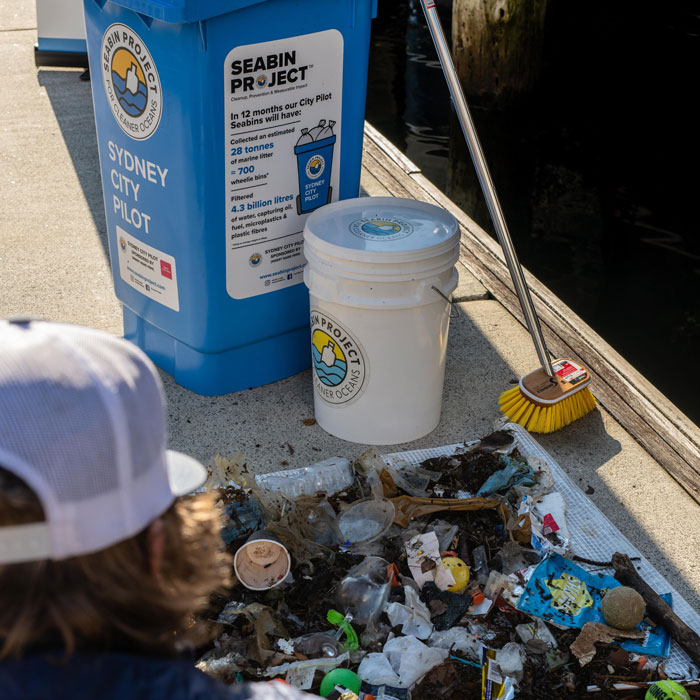
Environmental Technicians at Seabin are just as important as the technology. They not only manage the units’ frequent emptying, maintenance, and data collection, but they also involve and educate the local community about the work they do and the effects of plastics in the ocean. With awareness comes responsibility and the ability to make behavioural changes. All these factors combine to help stem the flow of land-based pollution entering our oceans.
The Pilot Program for Seabin in Sydney City
Seabin’s mission is to provide practical and measurable solutions to reduce plastic pollution in our oceans. Seabin launched the Sydney City Pilot in July 2020 as part of their ambitious 100 Cities Smarter Cities for Cleaner Oceans programme. After five years of technical research and development and three years of global data and monitoring, Seabin created this high-impact, scalable model that is easily implemented globally. This results-driven initiative is now well underway, with a focus on data monitoring, reducing litter, prevention, and the big goal of cleaning up 100 cities worldwide.

During 2021, the Smarter Cities Programme removed over 16.5 tonnes of marine litter from only 16 Seabins in Sydney locations such as Manly Wharf, Rose Bay, and Pyrmont. The 30+ Seabin volunteers were critical in recording the data, which helped enormously. “We now have tangible data showing the desperate need to clean up our harbour waterways” explained Scott, Marine Manager. The Seabin marine litter report was released in August 2021. The data gathered can be used to influence decision-makers and policymakers and reduce the prevalence of land-based litter upstream.
In Sydney alone, Seabin collected 1,537 kilos of marine litter in September 2020. Put another way; it is the equivalent of 33 football fields covered in plastic grocery bags. The total amount collected during the one-year pilot scheme in Sydney was the equivalent of 351 football fields!
Mission statement: To live in a world without the need for Seabins
Overconsumption, production methods, and waste management have destroyed our healthy ecosystems and biodiversity.
Seabin Project sets sustainability, product design, social responsibility, and innovation standards. With numerous international awards under their belt, Seabin is currently working on reintroducing waste material into the economy by giving ocean plastics a new purpose and encouraging companies to reconsider the materials used in producing their goods.
Deep blue oceans cover 70% of the planet, containing known and unknown wildlife. Mankind has mapped only 20% of the ocean floor. A lot is still unknown.
Our current reality is that an estimated nine million metric tonnes of durable, cheap plastic with a lifespan of up to 400 years is dumped into our oceans every year, threatening marine life, accelerating climate change, and threatening all ecosystems on the planet.
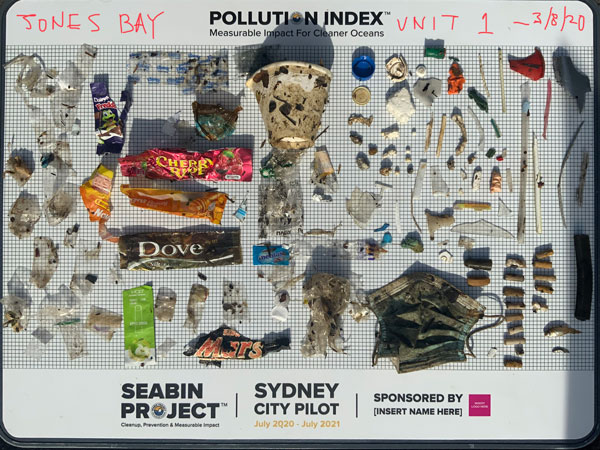
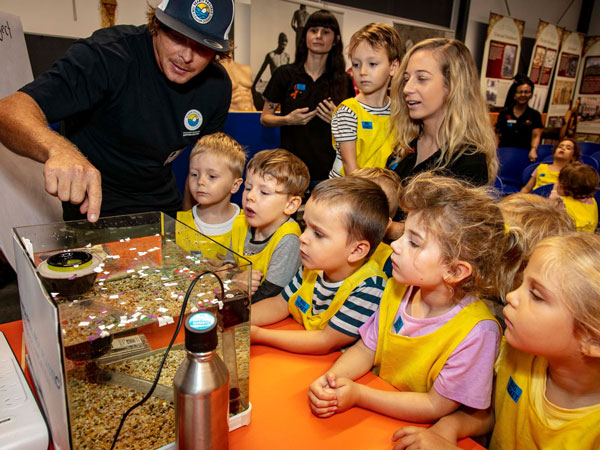
"A Code Red for Humanity "UN Secretary General
The IPCC (Intergovernmental Panel on Climate Change) report for 2021 has a clear message: we no longer have the luxury of time to repair the damage we have caused. Large corporations and businesses, as well as the general public, must take immediate action.
We all owe it to our planet and future generations to do better, live more mindfully, and preserve and ensure our remaining ecosystems’ survival. Without our valuable natural resources, such as clean air and water, life on Earth will gradually cease to exist. It’s as simple as that.
The IPCC (Intergovernmental Panel on Climate Change) report for 2021 has a clear message: we no longer have the luxury of time to repair the damage we have caused. Large corporations and businesses, as well as the general public, must take immediate action.
We all owe it to our planet and future generations to do better, live more mindfully, and preserve and ensure our remaining ecosystems’ survival. Without our valuable natural resources, such as clean air and water, life on Earth will gradually cease to exist. It’s as simple as that.
Not only do we rely on our oceans for food, recreation, and the global stabilisation of weather patterns, but they also absorb 50 times more carbon dioxide than our atmosphere and produce more than half of our oxygen. Our Rewards4Earth Ocean Rejuvenation Mandate is dedicated to assisting The Seabin Project in fulfilling its mission statement of cleaning up our oceans.
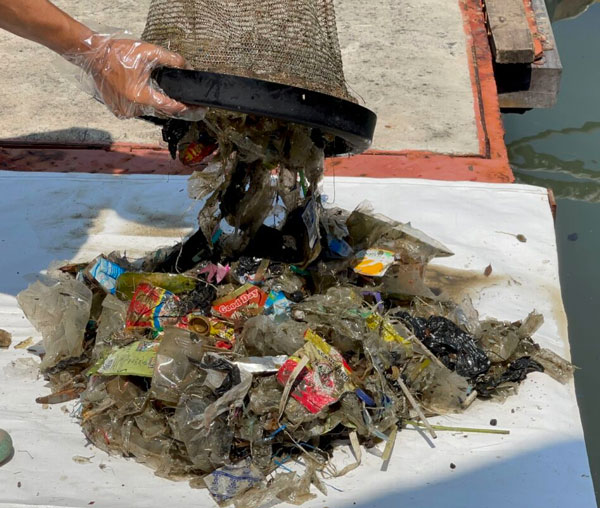
Emptying Seabin Rubbish
This data is critical for developing and incorporating smarter technology to improve and further enhance the Seabin’s ability to collect even smaller microplastic particles and absorb more petroleum-based surface oils and detergents commonly found in marinas worldwide.
Please Help Us
We at Rewards4Earth stand with those who want to make a difference in a polluted world. The Seabin Project journey and resolve are inspiring.
Our Erth Point App offers a solution to providing much-needed funding through your day-to-day shopping.
- All you have to do is download our app. (Apple / Google)
- Choose Seabin charity under settings.
- Get Spending at participating Erth Point businesses.
Sources:
Plastic waste and climate change – what’s the connection?, Our OceanWhy should we care about it?, Climate change: IPCC report is ‘code red for humanity’, Climate Variability. Seabin 2021 Impact Report
Media supplied by the Seabin™ Project Archives.

